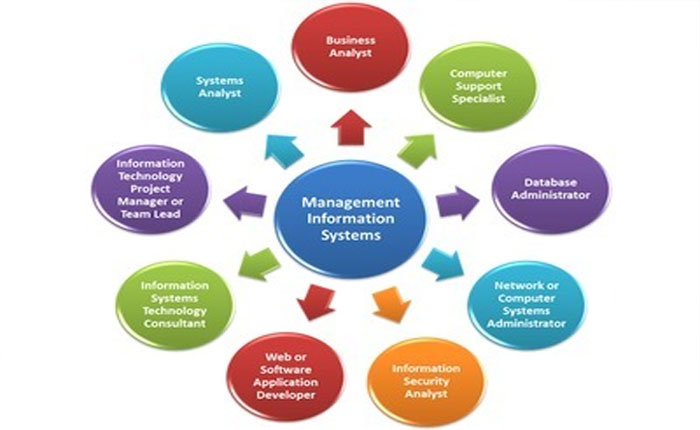
About Course
Learn about the components of business information systems, with an emphasis on data transmission, management information software, and the ways that businesses manage data.
Management Information Systems (MIS) is a formal discipline within business education that bridges the gap between computer science and well-known business disciplines such as finance, marketing, and management. In spite of this, most students will only take one or two MIS courses as part of their undergraduate program.
The term “Management Information Systems” has several definitions, depending upon where you look or whom you ask. Common among these many definitions is that MIS represent a collection of technologies, people, and processes that manage the information and communication resources of an organization.
Even if you do not realize it, you use MIS every day. If you use email, you are using MIS, as email is an information system (granted, you, the user, only see one end of it). If you log into a computer every morning and access or edit data on corporate servers, you are using information systems. In general terms, information systems encompass any interactions between organized data and people. MIS can be the means by which information is transmitted (such as the Internet), the software that displays the information (such as Microsoft Excel), or the systems that manage the data. In this course, you will learn about the components of management information systems and how to leverage them in business.
Course Content
Module 1
-
Chapter 1Introduction to Management Information Systems
-
Chapter 2 MIS Basics: Hardware, Software, Networking, and Security
Module 2
Module 3
Download eBooks
Exam
Student Ratings & Reviews

